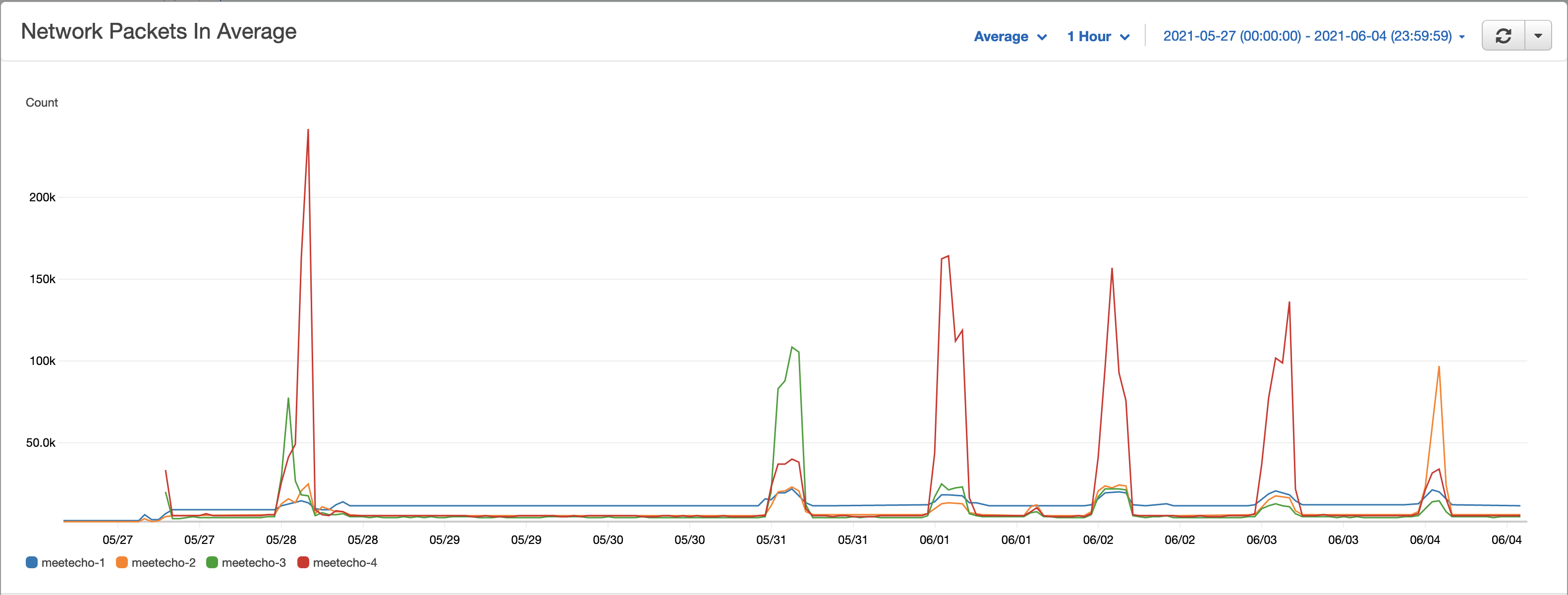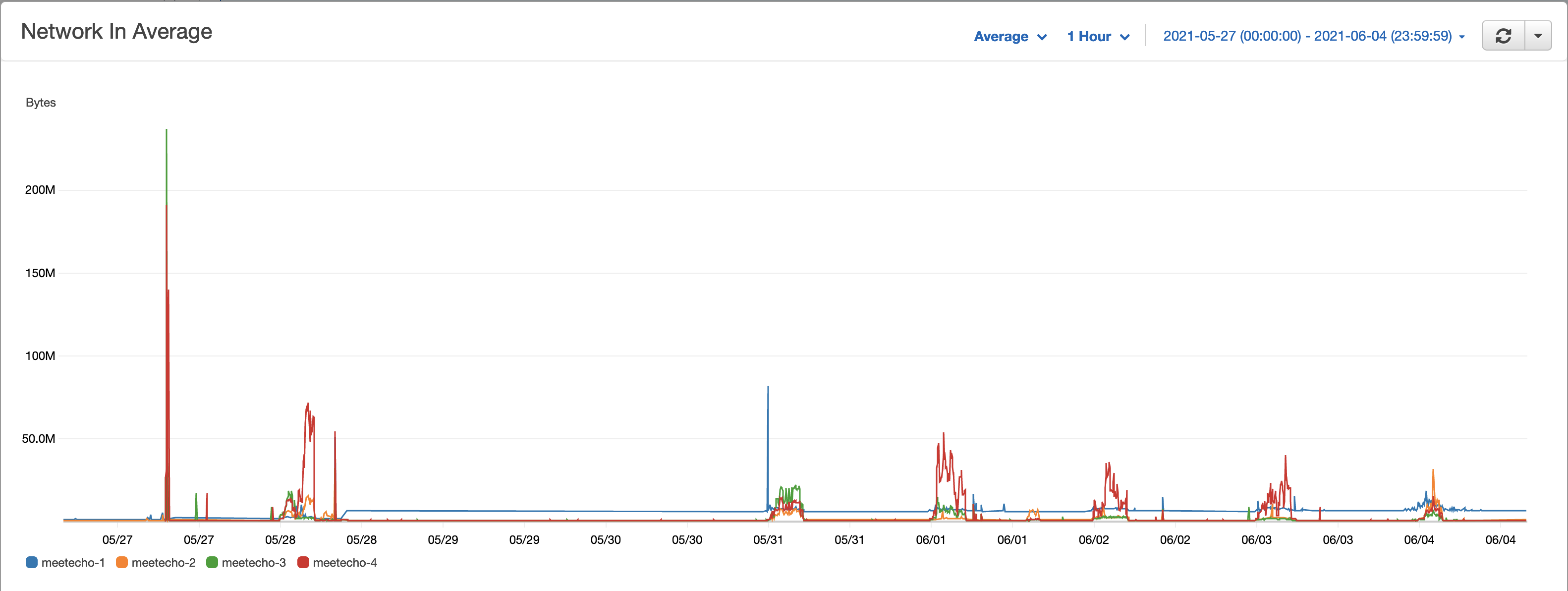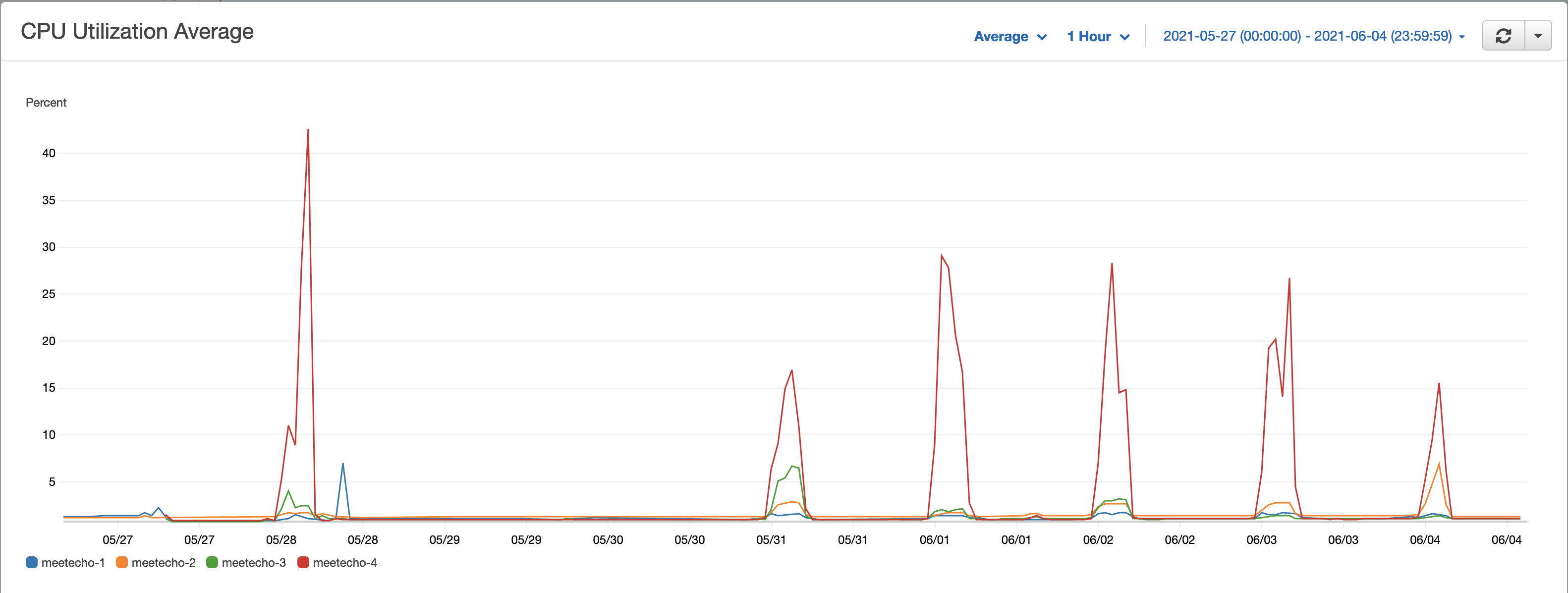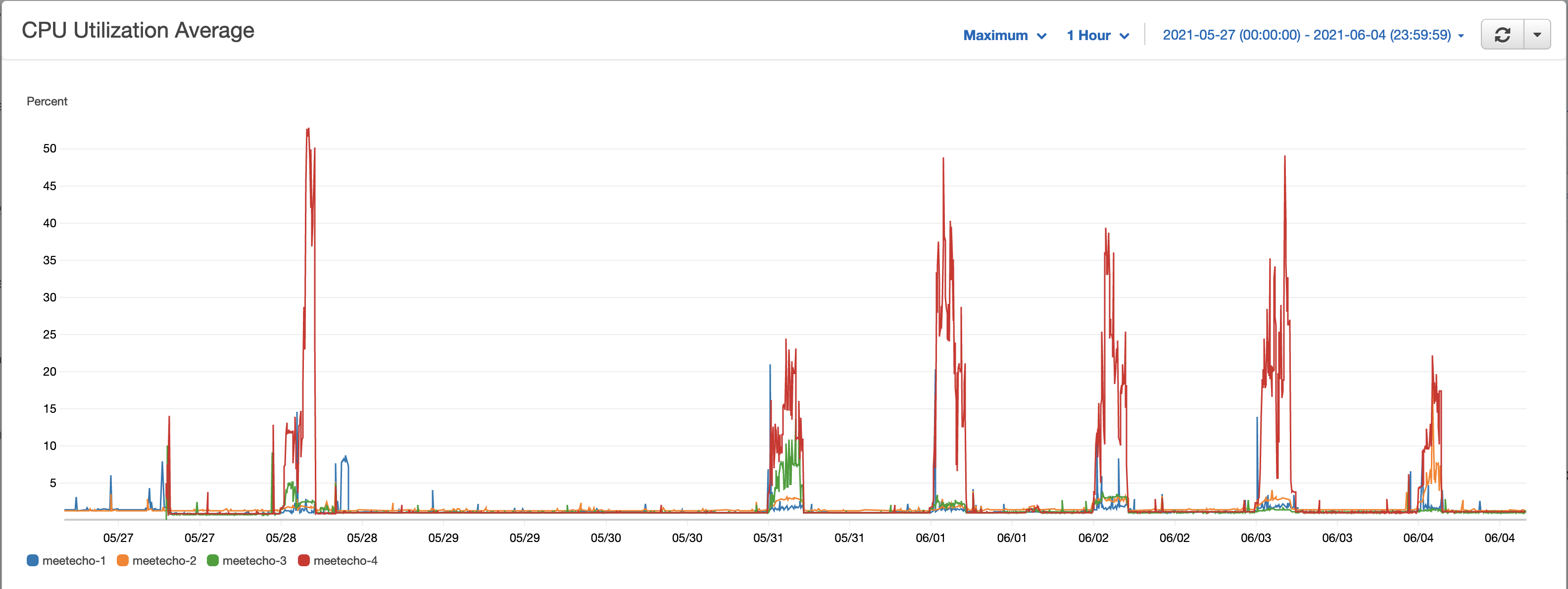Internet resilience is the ability of a network to maintain an acceptable level of service at all times. The Internet plays a critical role in society and the COVID-19 pandemic has reinforced the importance of reliable and stable Internet connectivity. However, not all countries have Internet infrastructure that is robust enough to provide an acceptable level of service to users.
In Africa, Internet resilience has not been sufficiently measured to date. So, as part of the Internet Society’s Measuring the Internet project, we want to find out how well African countries cope with Internet outages or disruptions and how resilient networks in Africa really are.
We’re going to seek these answers through the Measuring Internet Resilience in Africa (MIRA) project, by evaluating the capability of a country to provide continuous, stable, and reliable Internet connectivity.
How the MIRA Project Measures Internet Resilience in Africa
The MIRA project is a joint initiative between African Network Information Centre (AFRINIC) and the Internet Society. The project uses Internet measurements gathered by measurement devices, called MIRA pods, located within African countries in order to:
- Determine levels of Internet resilience in African countries over time by recording specific metrics, including throughput and latency (the time it takes to reach various Internet destinations).
- Increase the number of Internet measurement vantage points in Africa, i.e., the places from which measurements are taken.
- Make the data available to everyone, everywhere on the Internet Society Pulse platform.
Who Can Use the Data from the MIRA Project?
The data presented will be freely available to all and can be used by anyone to gain insight into the availability and resilience of the African Internet, including:
- Network operators and Internet Service Providers (ISPs) seeking to improve their services.
- National Regulatory Authorities (NRAs) define the legal and operational environments for the Internet.
- Researchers and engineers aiming to quantify and improve Internet resilience and performance in Africa.
- Internet users, researchers, and engineers seeking to learn more about the Internet landscape in Africa.
What Will Be Measured?
Internet resilience encompasses many underlying components, ranging from the resilience of physical Internet infrastructure (such as undersea or terrestrial cables) to market resilience and quality of service (QoS), which includes performance, uptime, and available bandwidth.
As part of the MIRA project, we will measure:
- The availability and diversity of the physical Internet infrastructure.
- The quality of service of the network from the user’s perspective.
- The availability and efficiency of the peering infrastructure, including the number of IXPs and ISPs.
- The availability and performance of the DNS ecosystem (a key component of Internet performance and resilience).
What We’ve Done So Far
MIRA is already collecting – or preparing to collect – throughput and latency measurements in Benin, Burkina Faso, Congo DRC, Kenya, Madagascar, Nigeria, Rwanda, Tunisia, and South Africa using measurement data from a third party, M-Lab. We’ll soon be adding data from the RIPE NCC’s RIPE Atlas. These measurements are being carried out in these countries by dedicated Raspberry Pi devices that we call MIRA Pods. The initial data will be available shortly.
Where Can I Find MIRA Data?
The data is available on the Internet Society’s Pulse platform so that everyone can easily find the data they need about the state of Internet resilience in the first set of countries in which we’re carrying out measurements.
How Can I Participate?
To get a robust overview of the Internet’s resiliency in Africa, it’s important to increase the number of vantage points, i.e., the networks from where measurements can be carried out. We are slowly rolling out the measurement infrastructure and will need help from volunteers who can host lightweight probes – the MIRA Pods mentioned above – on their home networks. The probes need to be in-home networks in order to capture the real-world experiences of Internet users.
How Can I Find out More about MIRA?
If you would like to learn more about the technology and methodology behind the project, please read the detailed project overview:
For technical details about the MIRA project and the measurement infrastructure, visit our page on GitHub.
If you would like to host a MIRA Pod on your network, please contact us at This email address is being protected from spambots. You need JavaScript enabled to view it. for more details.
You can find out more about the project in the Internet Resiliencesection on the Internet Society Pulse platform.
By Kevin Chege
Director, Internet Development
Internet Society
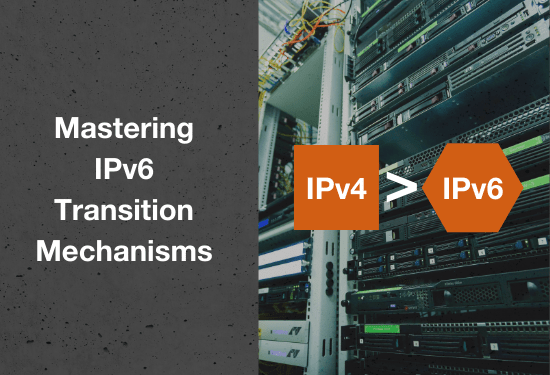 AFRINIC is delighted to announce the launch of the 'Mastering IPv6 Transition Techniques' e-course.
AFRINIC is delighted to announce the launch of the 'Mastering IPv6 Transition Techniques' e-course.
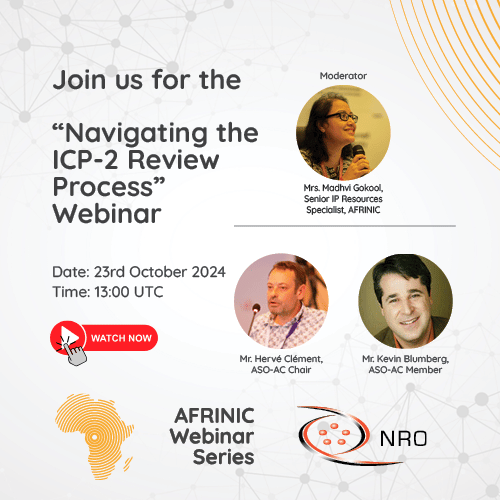
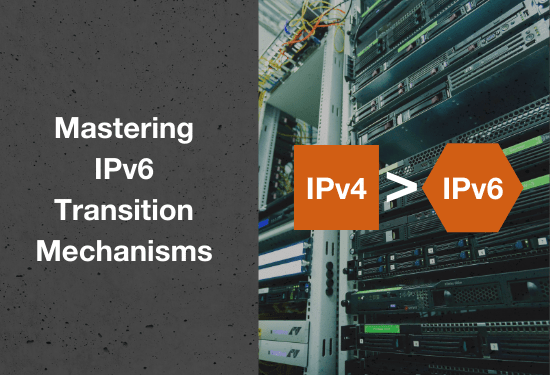
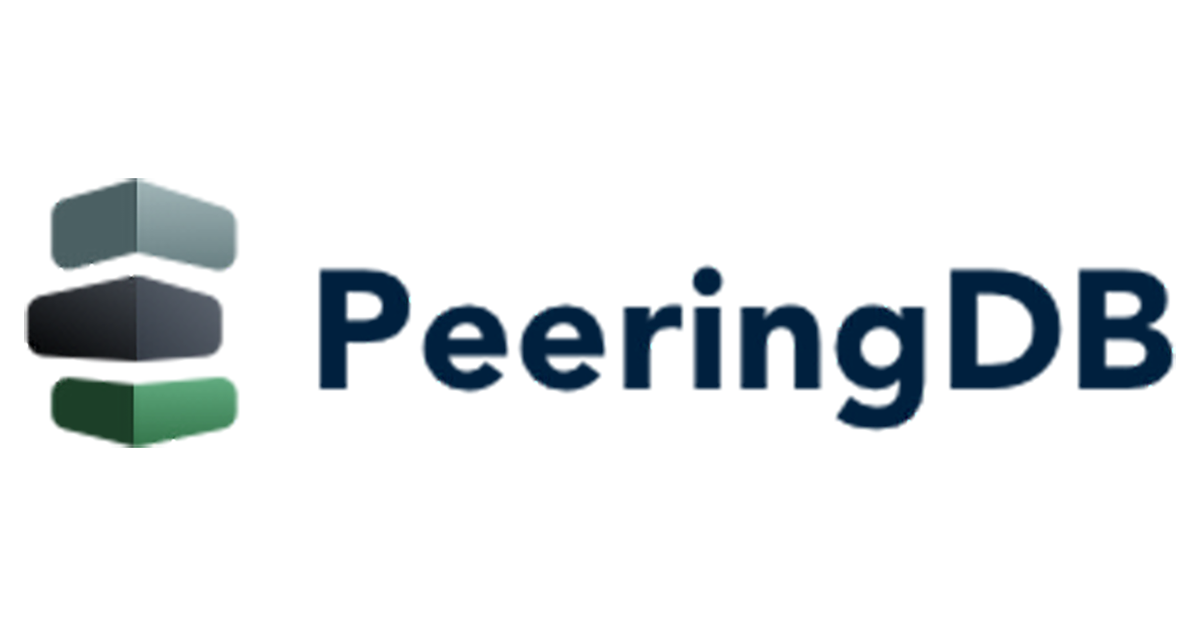

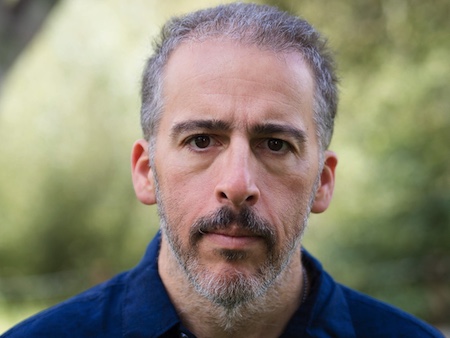 Leo Vegoda is developing PeeringDB’s product roadmap. He was previously responsible for organizational planning and improvement in ICANN’s Office of the COO, and Internet Number Resources in the IANA department, as well as running Registration Services at the RIPE NCC.
Leo Vegoda is developing PeeringDB’s product roadmap. He was previously responsible for organizational planning and improvement in ICANN’s Office of the COO, and Internet Number Resources in the IANA department, as well as running Registration Services at the RIPE NCC.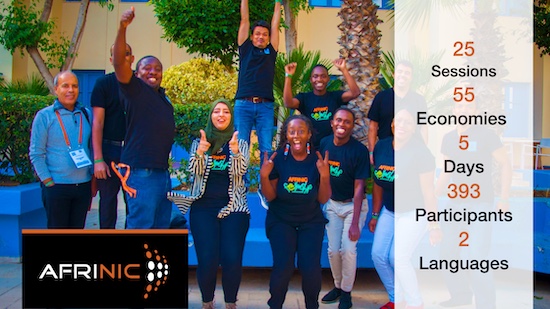
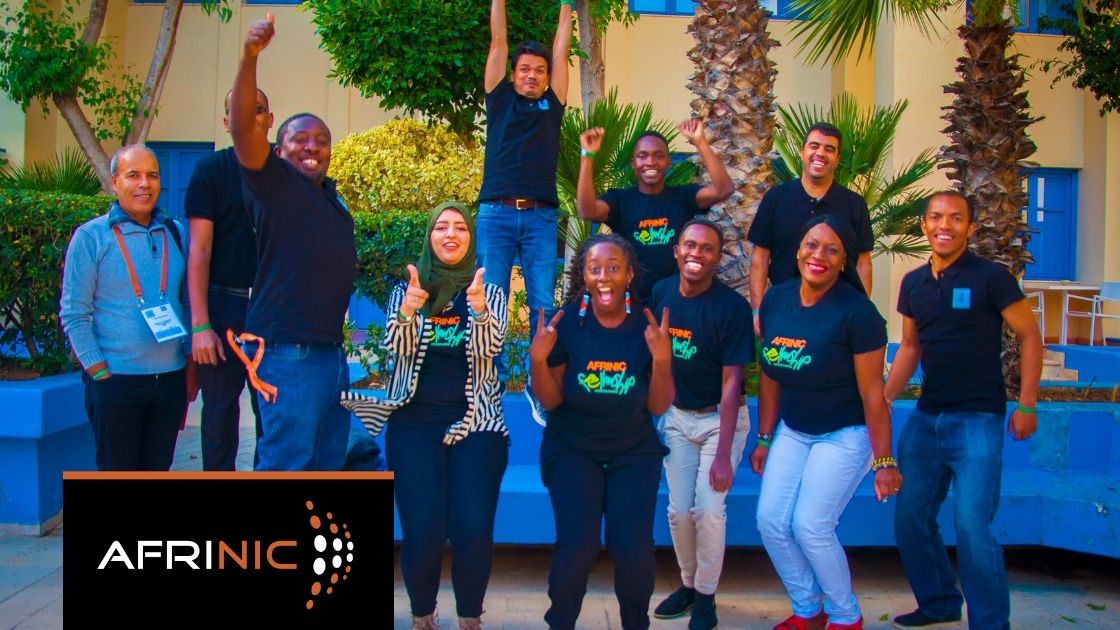
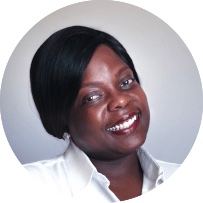
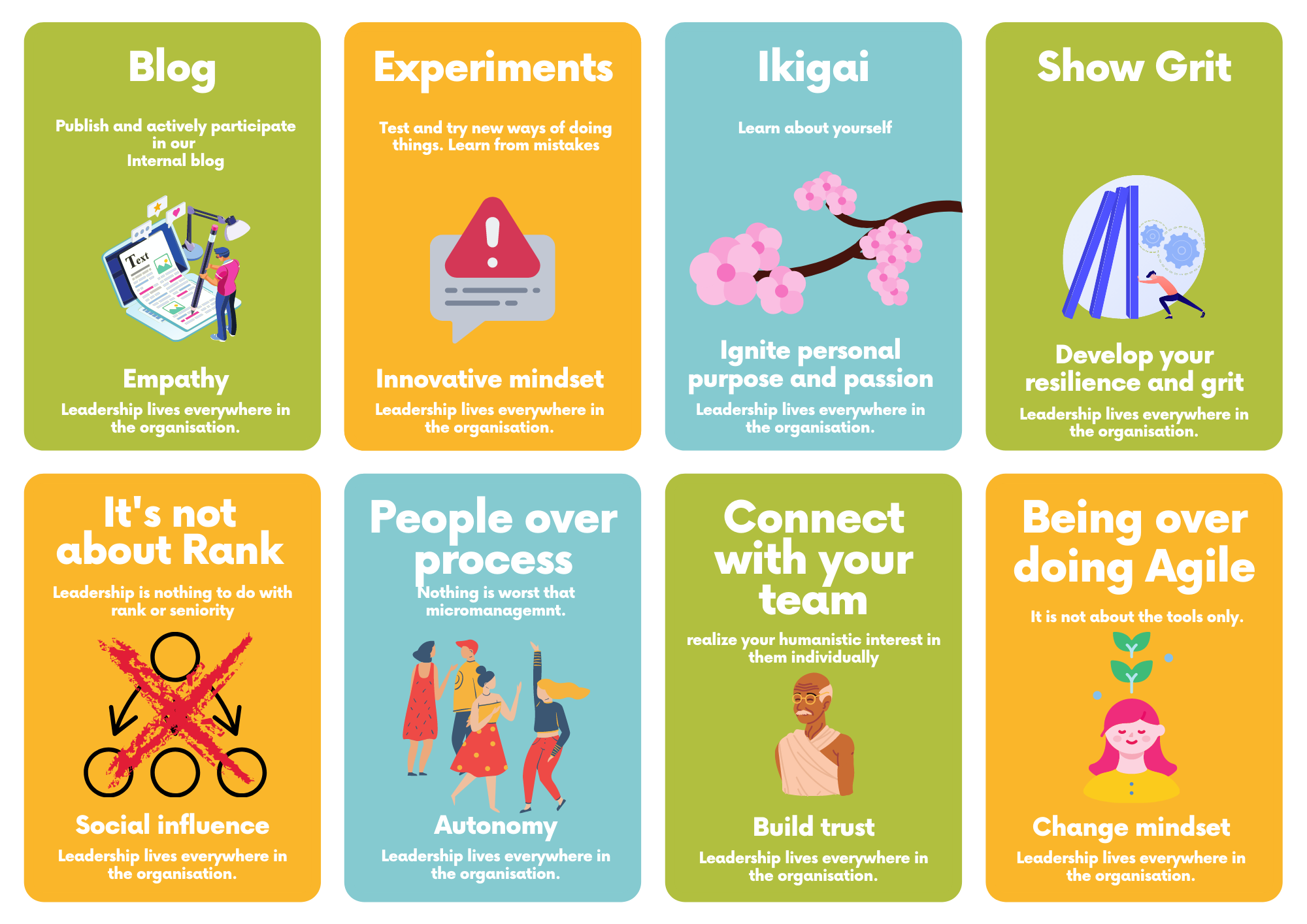
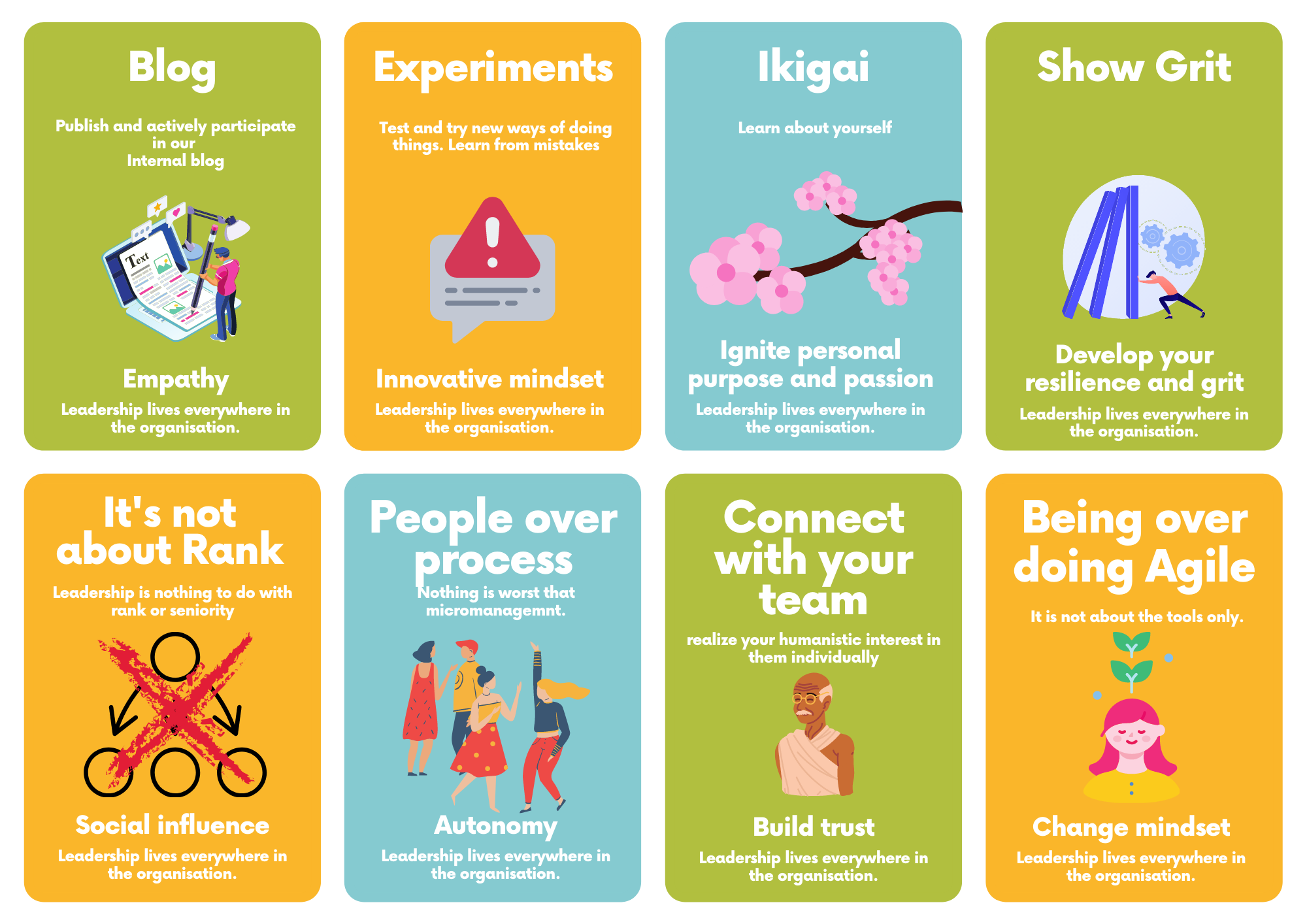

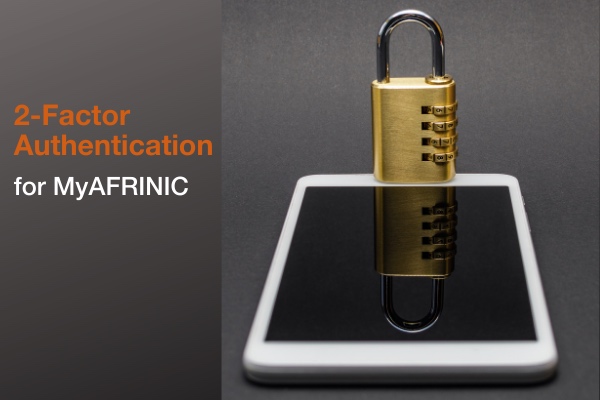
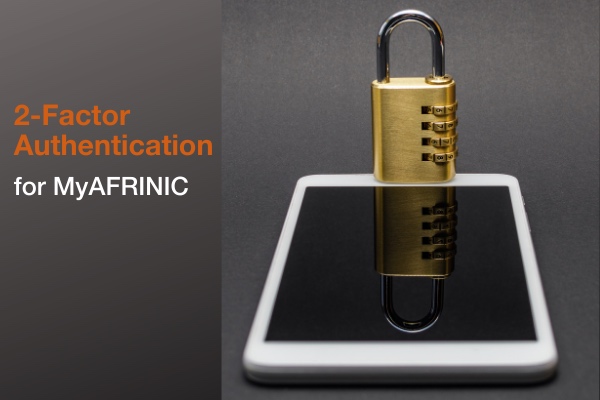 Two-factor authentication (2FA), sometimes referred to as two-step verification or dual-factor authentication, is a security process in which users provide two different authentication factors to verify themselves. This process helps to protect better both the user's credentials and the user’s resources.
Two-factor authentication (2FA), sometimes referred to as two-step verification or dual-factor authentication, is a security process in which users provide two different authentication factors to verify themselves. This process helps to protect better both the user's credentials and the user’s resources.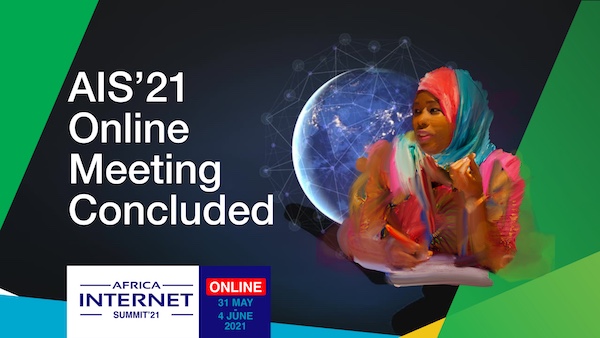
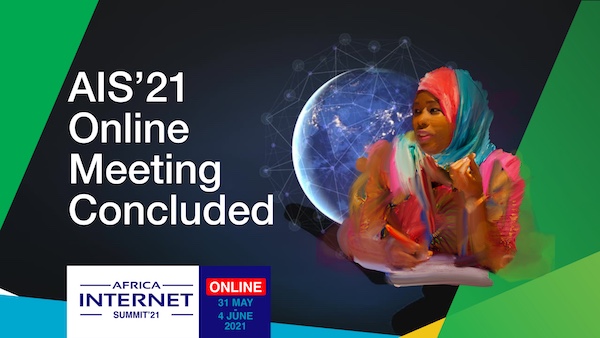 The African Network Information Centre (AFRINIC) in collaboration with the Africa Network Operators Group (AfNOG) have proudly concluded the second AIS’21 virtual conference.
The African Network Information Centre (AFRINIC) in collaboration with the Africa Network Operators Group (AfNOG) have proudly concluded the second AIS’21 virtual conference.